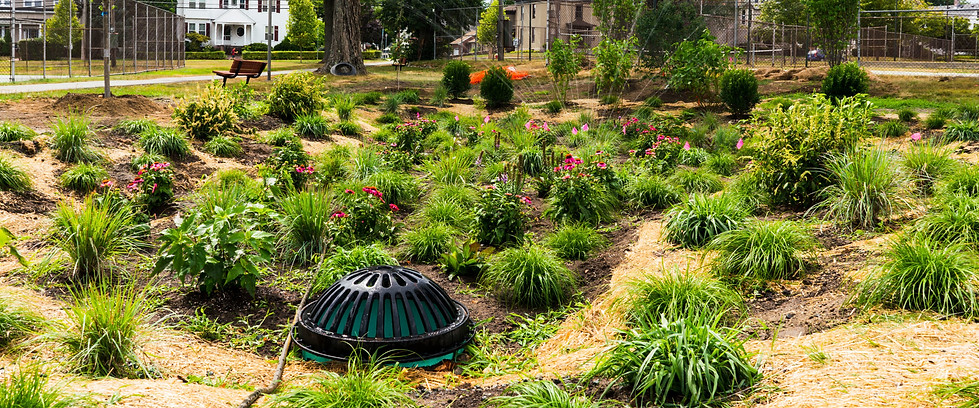The EPA's 6th Drinking Water Infrastructure Needs Survey and Assessment, which is revised every four years, concluded that there is a need for $472.6 million need in funding to maintain and improve the nation's water infrastructure over the next 20 years. Massachusetts specifically needs over $12 billion for required maintenance and repairs.
According to a 2012 analysis by the Massachusetts Water Infrastructure Finance Commission, there is a projected $21.4 billion funding deficit for water and wastewater infrastructure over a 20-year period; ten years later, the deficit remains high. Last year's Investment in Infrastructure and Jobs Act is an important first step, providing billions nationally for water infrastructure, but the state's needs far exceed the available resources. State and federal lawmakers must allocate more money to repairing out critical community resources, especially in green infrastructure projects that will yield additional climate benefits.
Most water infrastructure projects in Massachusetts are funded through the Massachusetts Clean Water Trust, which administers the federal State Revolving Funds: a billion-dollar fund that gives grants or low-interest loans to municipalities for critical water infrastructure upgrades. Congress allocates money into the fund every year, which is given to states to distribute as low-interest loans and grants (states must give at least a 20% match to Congressional funds). Loans are typically 20-30 years.
The Trust assists communities with the construction or replacement of water infrastructure that improves ground and surface water resources, ensures the safety of drinking water, safeguards the public's health, and fosters resilient communities. This work is done in partnership with the Massachusetts Department of Environmental Protection (MassDEP).
Infrastructure is expensive to upgrade (especially when it's over a century old).
But every dollar spent is a necessary investment in public health, safety, and our environment.
In May 2022, the state announced the latest round of loans from the Clean Water Trust that will financially support 183 projects statewide. In addition to its regular allocation from Congress, the Trust is also receiving this year $100 million from the American Rescue Plan Act (ARPA) and almost $189 million through the Bipartisan Infrastructure Law (BIL).
State Revolving Fund loans & grants are allocated through a competitive application process. Projects determined to be eligible must next show that they have local support before applying.
The SRF's competitive application process and limited funding means that low-income communities are sometimes counted out of the running because they don't have the funding to repay the loans. With project costs increasing between the time of the bid and construction (especially due to current supply chain problems), many critical projects will not receive funding, despite the BIL's influx of cash. To make significant change to our climate resilience and bring our infrastructure into the 21st century, more money from the SRF must be given as grants rather than loans.
.jpg)
Example projects funded by the Clean Water Trust, announced May 2022:
Clean Water State Revolving Fund
$77M - Boston Water & Sewer Commission
South Boston Sewer Separation
$20M - Northampton
Wastewater Treatment Facility Upgrades
$14.7M - Chatham
Taylors Pond/Mill Creek Sewer Extension
Drinking Water State Revolving Fund
$16M - New Bedford
Lead Service Line Replacement Program
$14M - Townsend
PFAS Water Treatment Improvements
$2.7M - Fitchburg
Oak Hill Water Storage Tank Replacement
The SRFs can fund green infrastructure projects (installations that manage stormwater through nature-based methods, like rain gardens, bioswales, and land conservation), but only a fraction of this funding goes towards those projects.
"Congress requires that at least 10% of the federal Clean Water State Revolving Fund capitalization be dedicated to green infrastructure projects, or components, as defined by EPA. For Massachusetts, this requires that $10 million be allocated towards Green Infrastructure projects that minimize greenhouse gas emissions and energy use." MassDEP.
10% of funding is a start, but it's not enough to drive the kind widespread installation of green infrastructure that our rivers need. More education and advocacy at the local level can yield more green infrastructure applications to the state, resulting in more funded projects.




